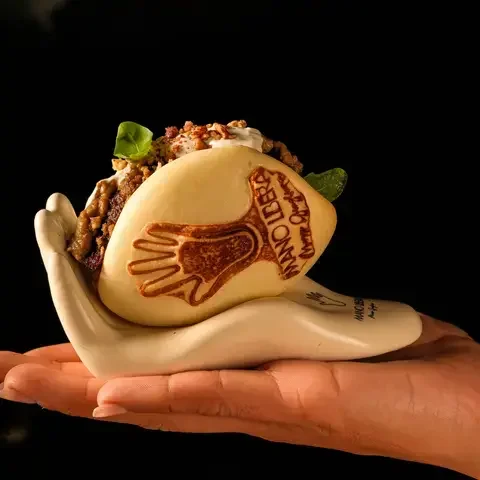...


Mano Libera
Miami, United States

Mano Libera